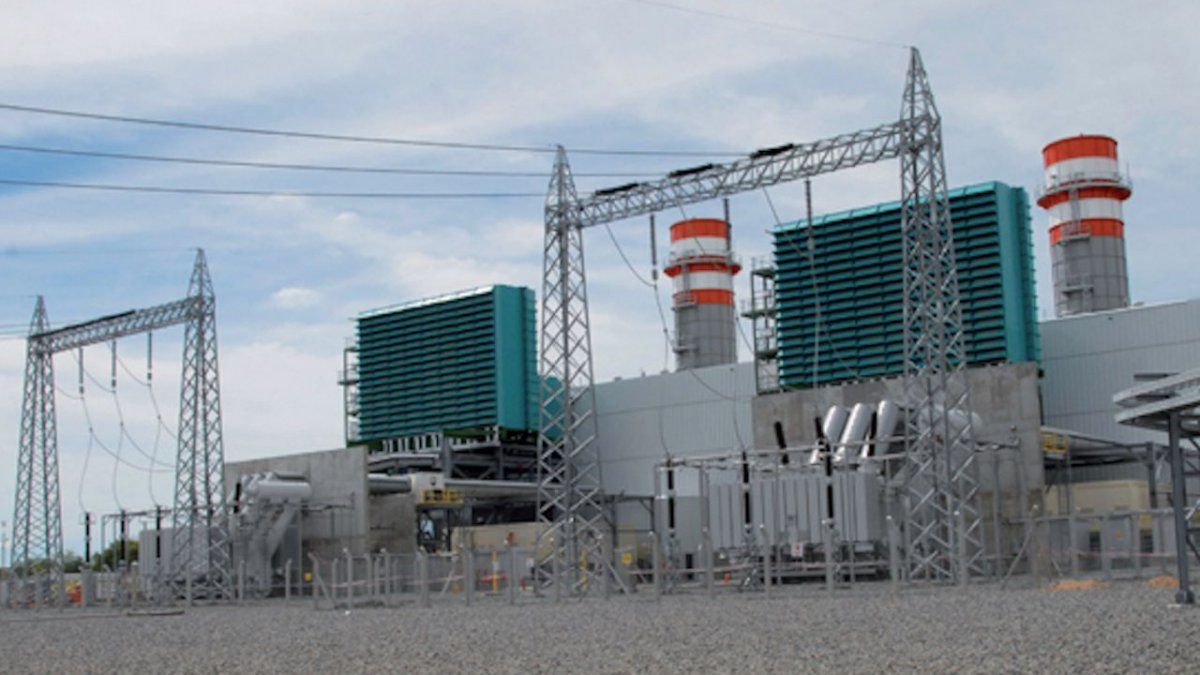The ENARSA company will “temporarily” assume control of five hydroelectric dams located in the Comahue basin in the provinces of Neuquén and Río Negro on the instructions of the Secretary of Energy in charge of Flavia Royon. The change of hands occurs before the imminent completion of the concession contract after 30 years in private hands.
The hydroelectric complexes are Alicurá (1,000 Mw), currently operated by the company AES Argentina; El Chocón (1,200 Mw) and Arroyito (120 Mw), in charge of the firm Enel Generación; Planicie Banderita (450 Mw), operated by Oroazul Energy, whose contracts expire on August 11; and Piedra del Aguila (1,400 Mw), run by Central Puerto, whose concession expires on December 29.
Official sources indicated that the Government’s decision was communicated by Royón to the president of ENARSA, Agustín Gerez, in which the company is instructed to “adopt the necessary measures to be in a position to temporarily assume the activity of electric power generation” of these plants and “the effective reversion and adequate restitution to the National State of all the assets affected by the aforementioned concessions”.
Dams Nestor Kirchner Jorge Cepernic Santa Cruz.jpg
The Néstor Kirchner and Jorge Cepernic hydroelectric plants will have an installed power of 1,310 megawatts, which represents 5% of the maximum national peak consumption. It will allow an average annual generation of more than 5,000 GW/hs.
UTE Represas Patagonia
The note indicates that it must take control “including, without limitation, the eventual transfer of personnel and contracts related to said plants.”
What are the dams involved?
The dams involved are the first five of a total of 22 hydroelectric complexes whose concession expires will begin to operate as of August, after 30 years of private management.
The governor of Neuquén, Omar Gutiérrez, He rejected the decision of the national government and anticipated that he will go to justice to reject a measure that he described as unconstitutional.
Gutiérrez said that it is a “centralist” measure, because the provinces own the natural resources” and, as such, they intend to “charge for the use of water.”
Meanwhile, the Government of Río Negro issued a statement in which it requested an urgent meeting with the Minister of Economy, Sergio Massa, and with Secretary Royón.
In the letter, he stated: “The position of the province as the owner of the shared resource with the other provinces is clear regarding the need to approve all types of decisions that involve the management of water from multipurpose uses located in the Limay and Neuquén rivers, seeking to optimize uses as flood control, human consumption, irrigation, industrial and electric power generation”.
Source: Ambito
I am a 24-year-old writer and journalist who has been working in the news industry for the past two years. I write primarily about market news, so if you’re looking for insights into what’s going on in the stock market or economic indicators, you’ve come to the right place. I also dabble in writing articles on lifestyle trends and pop culture news.




